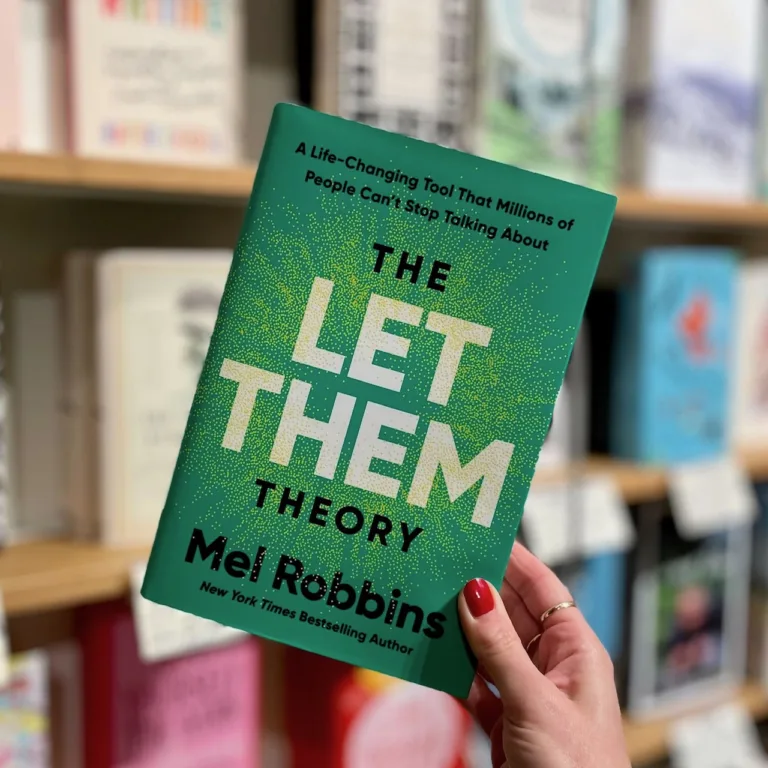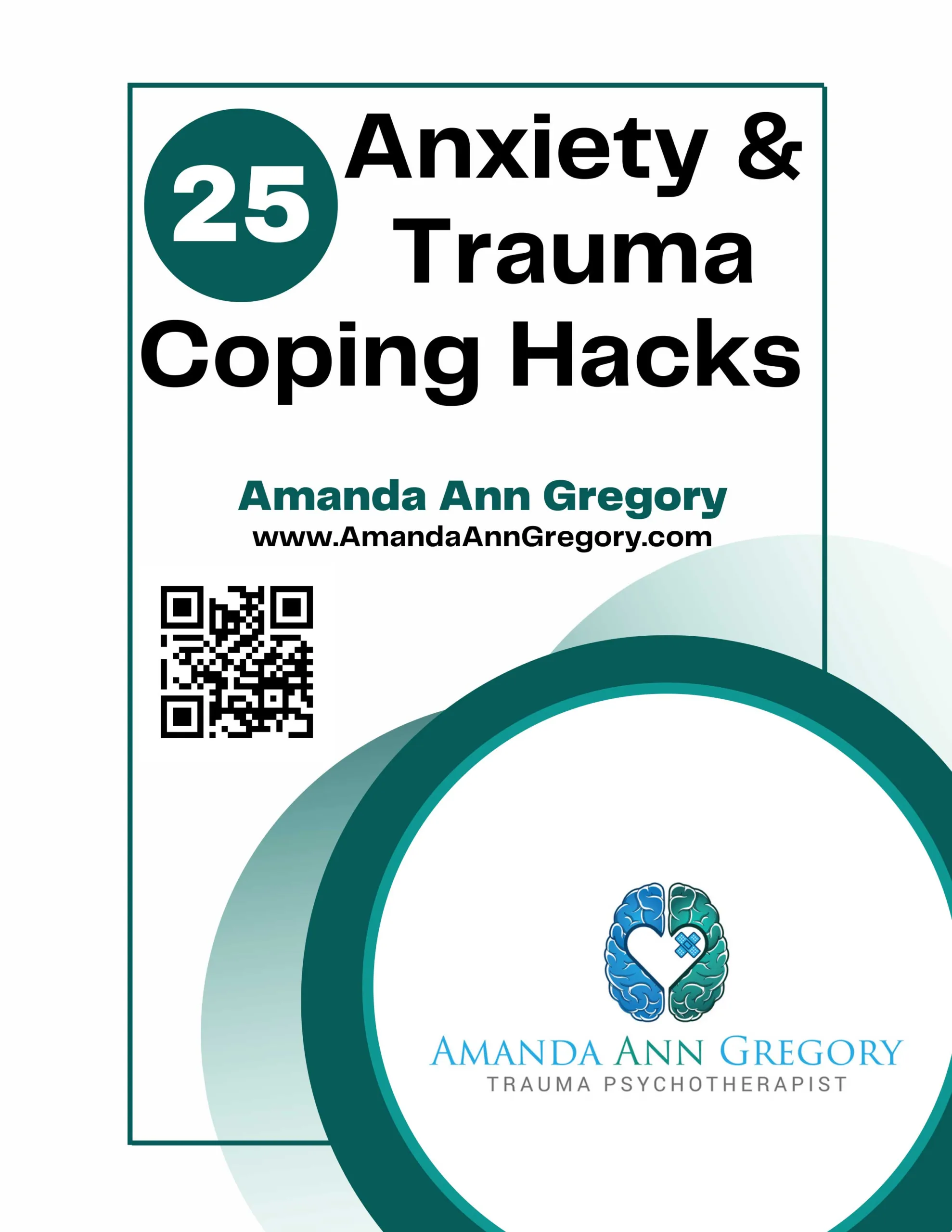If you loved The Body Keeps the Score, give these recent (2024-2025) books on complex trauma and CPTSD a try.
- Healing from Parental Abandonment and Neglect: Move Beyond Insecure Attachment to Build Safety, Connection, and Trust with Yourself and Others
Kaytlyn Gillis, LCSW
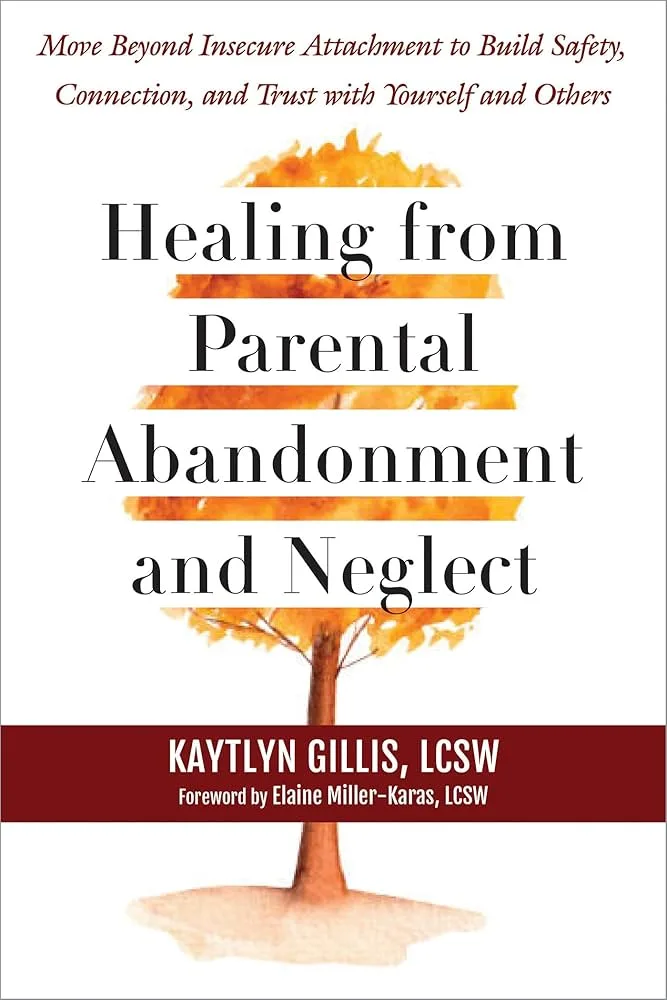
Do you blame yourself for being abandoned or neglected as a child, or suffer from poor self-esteem, anxiety, or depression as a result? Do you have deep feelings of shame, defectiveness, and insecurity that impact your life and relationships? If so, you are not alone. These are common experiences for survivors of adverse childhood experiences (ACEs). But what happened to you as a child or young adult isn’t your fault. By understanding how you were affected, you can start on the path to healing and personal growth.
From family trauma expert and abandonment survivor Kaytee Gillis, Healing from Parental Abandonment offers a powerful, evidence-based approach that draws on acceptance and commitment therapy (ACT), dialectical behavior therapy (DBT), cognitive behavioral therapy (CBT), and compassion-focused therapy (CFT) to help you develop a thorough understanding of what abandonment is and how it may have shaped who you are today.
You’ll also learn skills to help you work through self-blame and shame, replace unhealthy behaviors with positive coping skills, form healthy boundaries, and reconnect with your true self. And finally, you’ll find exercises and activities to help you put what you’ve learned into action—so you can make lasting positive change.
2. An Autobiography of Trauma: A Healing Journey
Peter A. Levine, Ph.D.
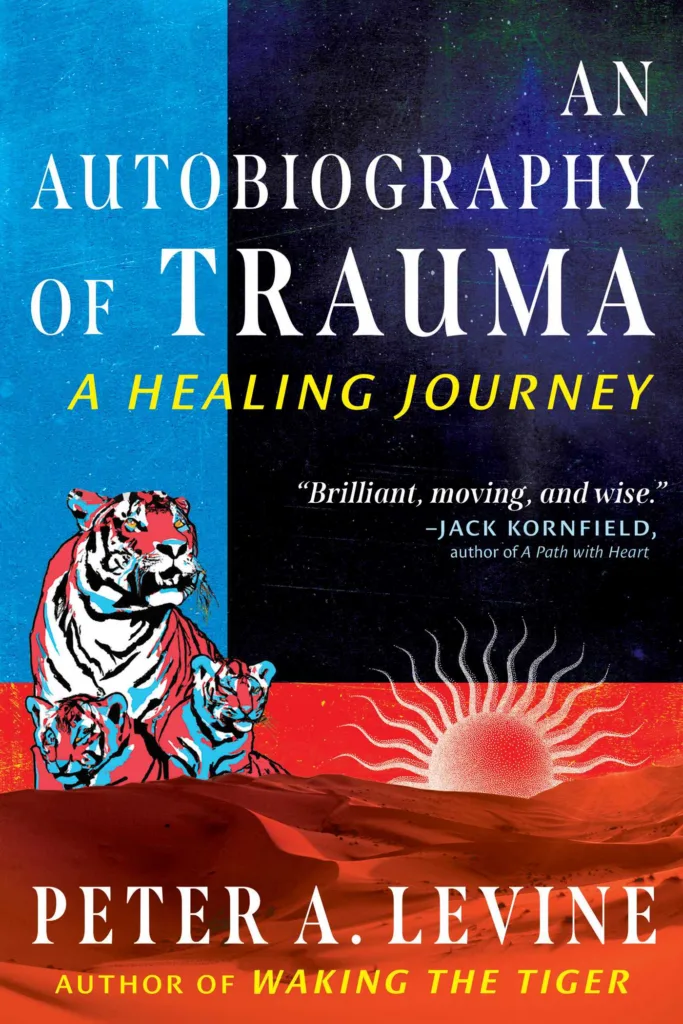
In this intimate memoir, renowned developer of Somatic Experiencing, Peter A. Levine—the man who changed the way psychologists, doctors, and healers understand and treat the wounds of trauma and abuse—shares his personal journey to heal his own severe childhood trauma and offers profound insights into the evolution of his innovative healing method.
Casting himself as a modern-day Chiron, the wounded healer of Greek mythology, Levine describes, in graphic detail, the violence of his childhood juxtaposed with specific happy memories and how being guided through Somatic Experiencing (SE) allowed him to illuminate and untangle his traumatic wounds. He also shares the mysterious and unexpected dreams and visions that have guided him through his life’s work, including his dreamlike visitations from Albert Einstein, whom he views as his personal spirit guide and mentor.
Explaining how he helped thousands of others before resolving his own trauma, he details how the SE method is derived from his studies of wild animals in their natural environments, neurobiology, and more than 50 years of clinical observations. Levine teaches us that anyone suffering from trauma has a valuable story to tell, and that by telling our stories, we can catalyze the return of hope, dignity, and wholeness.
3. You Don’t Need to Forgive: Trauma Recovery on Your Own Terms
Amanda Ann Gregory, LCPC
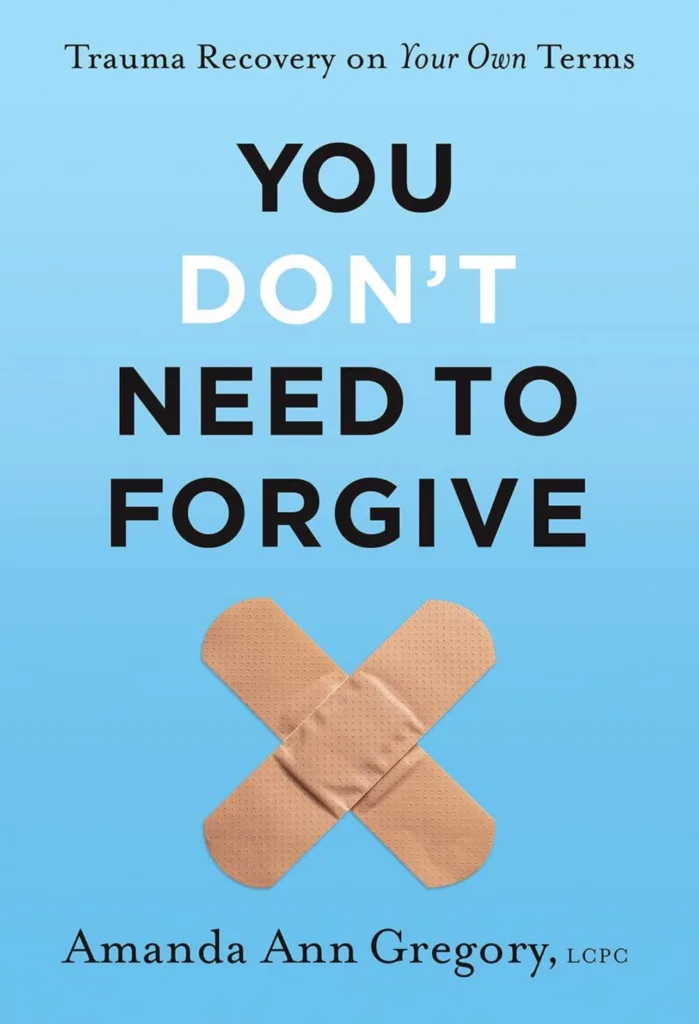
Feeling pressured to forgive their offenders is a common reason trauma survivors avoid mental health services and support. Those who force, pressure, or encourage trauma survivors to forgive can unknowingly cause harm and sabotage their recovery. And such harm is entirely unnecessary–especially when research shows there is no consensus among psychologists, psychiatrists, and other professionals about whether forgiveness is necessary for recovery at all.
You Don’t Need to Forgive is an invaluable resource for trauma survivors and their clinicians who feel alienated and even gaslighted by the toxic positivity and moralism that often characterizes attitudes about forgiveness in psychology and self-help. Bringing together research and testimony from psychologists, psychotherapists, criminologists, philosophers, religious leaders, and trauma survivors, psychotherapist and expert in complex trauma recovery Amanda Ann Gregory explores the benefits of elective forgiveness and the dangers of required forgiveness, especially for those survivors from oppressed populations.
Elective forgiveness gives survivors the agency to progress in their recovery on their own terms. Forgiveness is helpful for some, but it is not universally necessary for recovery; each person should have the power to choose.
4. Break the Cycle: A Guide to Healing Intergenerational Trauma
Mariel Buqué, Ph.D.

When a physical wound is left unhealed, it continues to cause pain and can infect the whole body. When emotions are left unhealed, they similarly cause harm that spreads to other parts of our lives, hurting our family, friends, community members, and others. Eventually, this hurt can injure an entire lineage, metastasizing across years and generations. This is intergenerational trauma.
From Dr. Mariel Buqué, a leading trauma psychologist, comes this groundbreaking guide to transforming intergenerational pain into intergenerational abundance. With Break the Cycle, she delivers the definitive guide to healing inherited trauma. Weaving together scientific research with practical exercises and stories from the therapy room, Dr. Buqué teaches readers how trauma is transmitted from one generation to the next and how they can break the cycle through tangible therapeutic practices, learning to pass down strength instead of pain to future generations.
5. The Power of Parting: Finding Peace and Freedom Through Family Estrangement
Eamon Dolan
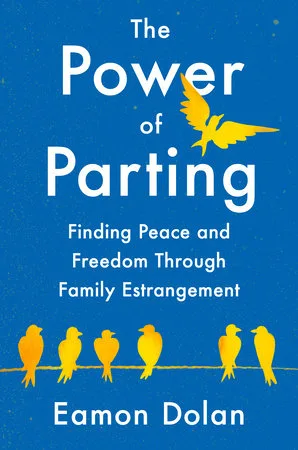
In The Power of Parting, Dolan has written the book he wishes he’d had when he was struggling to free himself from his mother’s abuse. In the process, he discovered how widespread estrangement really is. At least 27 percent of Americans are estranged from a parent, sibling, or other family member. He also learned why so much stigma surrounds this common—and often lifesaving—phenomenon. Even among therapists—the professionals who would seem most attuned to the pain relatives can inflict—there’s a bias toward reconciliation, when millions of their patients need instead to escape their abusers’ grip. Estrangement, Dolan realized, should be understood and embraced, not shrouded in shame.
Drawing on his own suffering and healing, as well as experts’ advice and the testimony of other courageous survivors, Dolan first explains why abuse is much different and more prevalent than we may think, how it harms us in childhood and beyond, and why limiting or eliminating contact might be our best possible choice. Then, he walks readers through the steps of a successful, positive estrangement: how to take crucial time for yourself; how to make sure no one can gaslight you into minimizing or forgetting; how to set rules for your abuser and—if they can’t or won’t respect your limits—how to end a toxic relationship. He also offers valuable counsel on how to ease the guilt and grief that often accompany parting, and how to break the cycle of abuse that was likely passed down to you through many generations.
6. The Handbook of Trauma-Transformative Practice
Joe Tucci, Janise Mitchell, Stephen W. Porges, Ph.D., Edward C. Tronick, Ph.D.
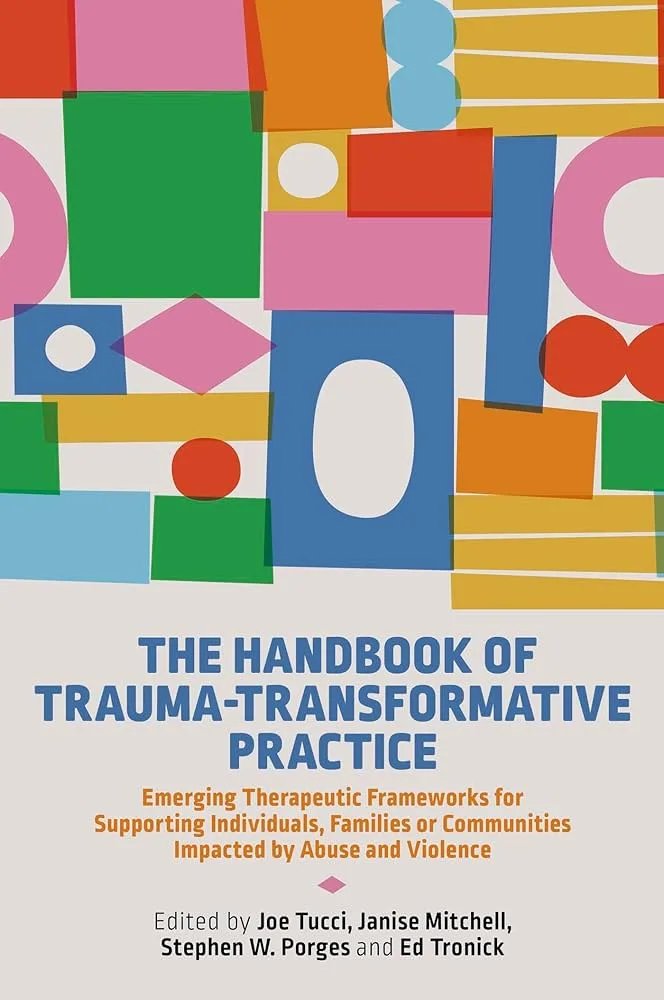
The definitive Handbook of Trauma-Transformative Practice brings together the work of leading international trauma experts to provide a detailed overview of trauma-informed practice and intervention: its history, the latest frameworks for practice and an inspiring vision for future trauma-transformative practice.
The Handbook is interdisciplinary, incorporating trauma research, interpersonal neuroscience, the historical and continuing experiences of victims and survivors, and insights from practitioners. It addresses a range of current issues spanning polyvagal theory, the social brain, oxytocin and the healing power of love, and the neuropsychological roots of shame. It also considers trauma through the lens of communities, with chapters on healing inter/transgenerational trauma and building communities’ capacity to end interpersonal violence.
Furthermore the Handbook makes the case for a new way of thinking about trauma – trauma transformative practice. One which is founded on the principle of working with the whole person and as part of a network of relationships, rather than focusing on symptoms to improve practice, healing and recovery.
All book descriptions are provided by Amazon.com.
Purchase my book, You Don’t Need to Forgive
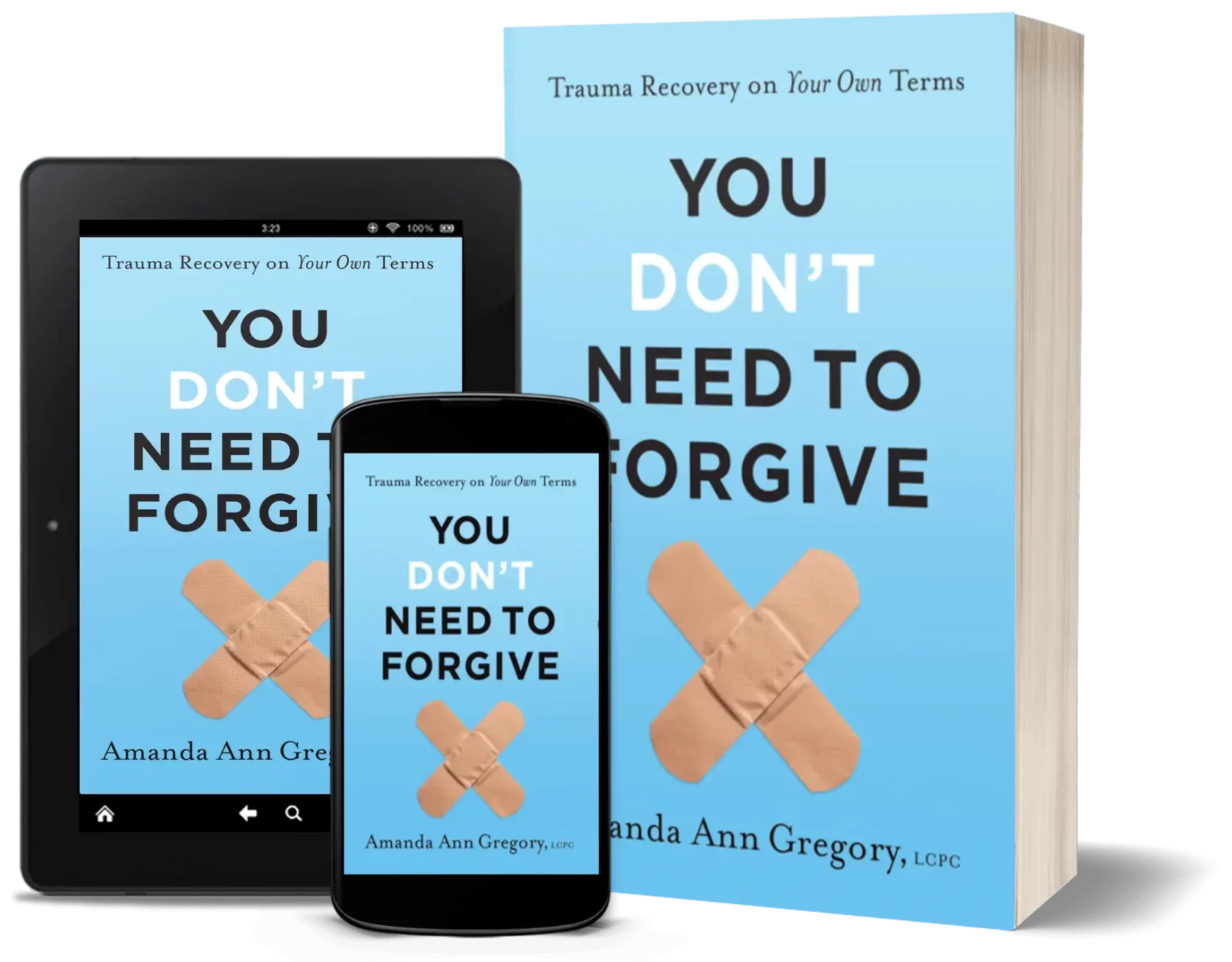
Sign up to get your Free eBook: 25 Anxiety & Trauma Coping Hacks
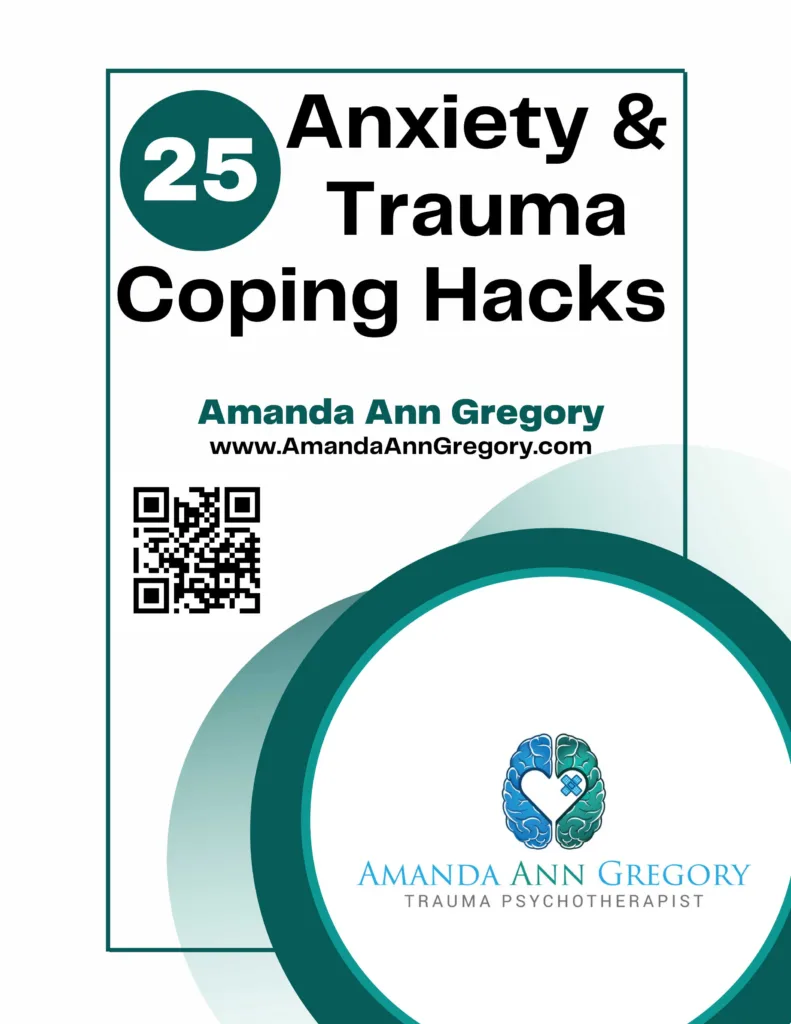
Hire me to speak at your event! Contact Me




